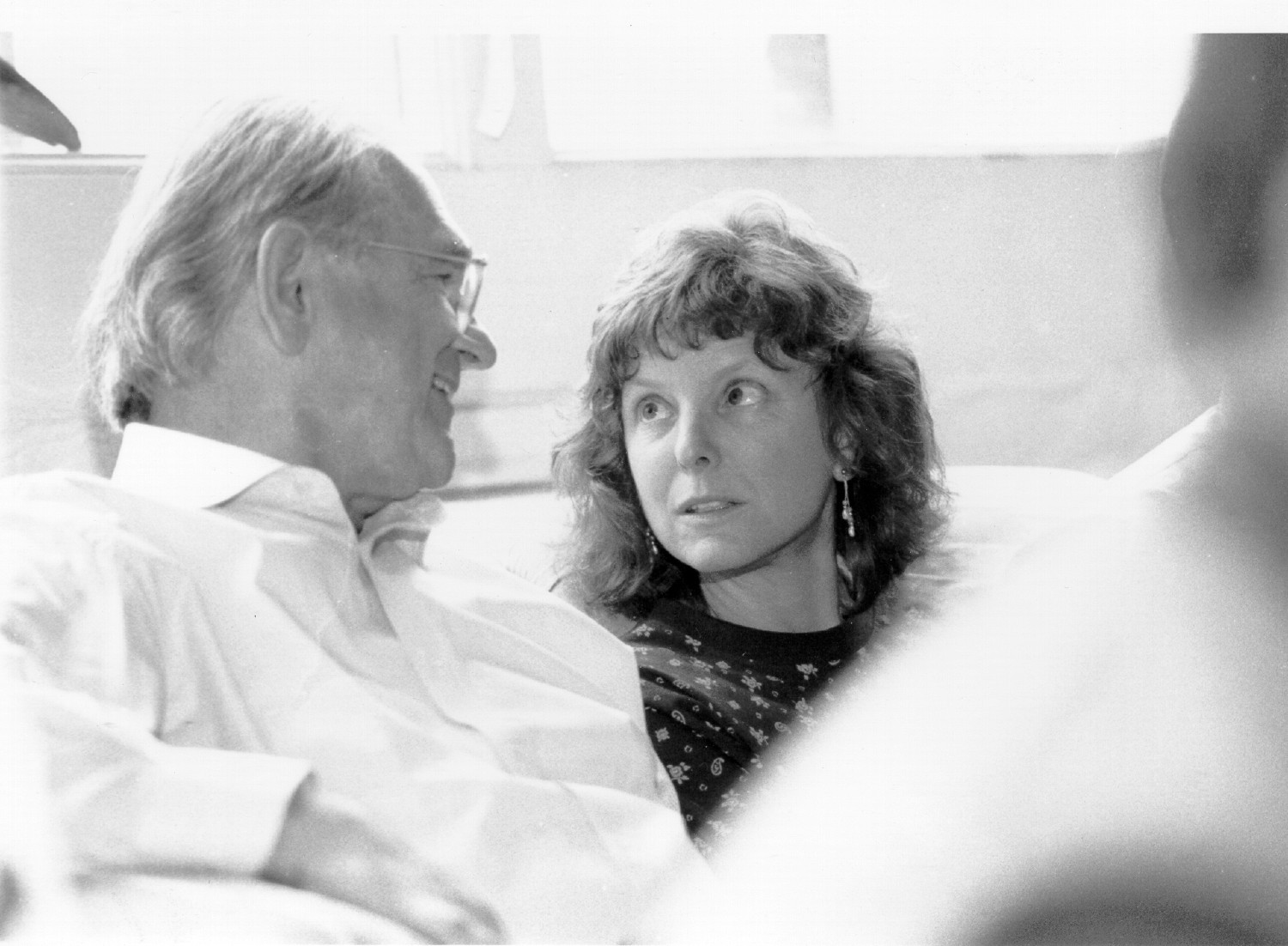I started as Swamiji’s secretary, but soon the job expanded into being his personal assistant and sometimes cook and housekeeper. For several years during the mid-1970s, unless he was out of the country or in seclusion, I spent hours with him almost every day. His schedule varied, and his needs were unpredictable, so I avoided making any plans that might interfere with my service to him. On the rare occasions when other responsibilities took me away, Swamiji accepted it graciously, but I suffered. Serving Swamiji was my first priority.
He paid my salary from his own wallet, but to him I was not an employee. I was a friend, and he saw my service to him as an act of kindness and generosity on my part. Even when he had a specific request, he put it in such a way as to leave me free to accept or reject it. It was as if, at night, he wiped away every expectation, and was genuinely surprised and delighted the next day when I showed up to help him again.
During most of the time I worked for him, he was writing The Path. He spent many hours a day at home alone, writing. In the late afternoons, Seva and I, and sometimes a few others, would often come over to see him. By then he had accumulated a stack of edited manuscript pages for me to retype. This was the last book he wrote on a typewriter; after that, he used a computer. He was eager to get the clean copy, and I was eager to do the work. But he never related to me as “the person who comes to retype my manuscript.”
“Hello, Great Souls!” he would say when he heard us come in. “Would you like some tea?” Usually the subject of work only came up after the tea had been served.
“I have edited quite a few pages today,” he might say. Or, “I’ve made dozens of changes in the chapter I thought was finished. I think you’ll like what I’ve done.”
I knew what he was hinting at, so I asked him, “Would you like me to retype those pages for you, Sir?”
“That would be a great help,” he would say. Then he would insist, “First, finish your tea.” If I knew he was particularly anxious to see the retyped pages, I could sometimes persuade him, “I don’t need any tea. I can go right to work.”
A request to cook dinner would follow a similar pattern.
“I got so involved in writing today,” he might say. “I haven’t had anything to eat since breakfast.”
Or, I might be the one to bring it up, since I knew his habits. “Did you have any lunch today, Sir?” If he had to stop and think about it, it meant he hadn’t eaten. “You must be hungry, may I fix you dinner?”
“That would be lovely.” Sometimes he would add, “Perhaps you and Seva would like to join me?”
Or he might say, “What are your plans for this evening?”
“I don’t have any plans. Is there something I can do for you, Sir?”
Only then would he say, “Well, if you aren’t busy, there may be something in the refrigerator that could be turned into a dinner. If I don’t have to cook, I can do a little more writing.”
* * *
An Ananda leader once spoke enthusiastically about a way of working with people he had read about in a book. “Whenever you have to point out a shortcoming to someone,” he said, “always start by mentioning at least two things they do well.”
“That seems manipulative!” was Swamiji’s only comment. Then he added, “A sensitive person would see right through it.”
The respect Swamiji showed us was not a technique to get something from us. It didn’t matter what role we played in his life, to him we were all “Great Souls,” children of God, and that is how he has always related to us.
 |
| with Asha |

No comments:
Post a Comment